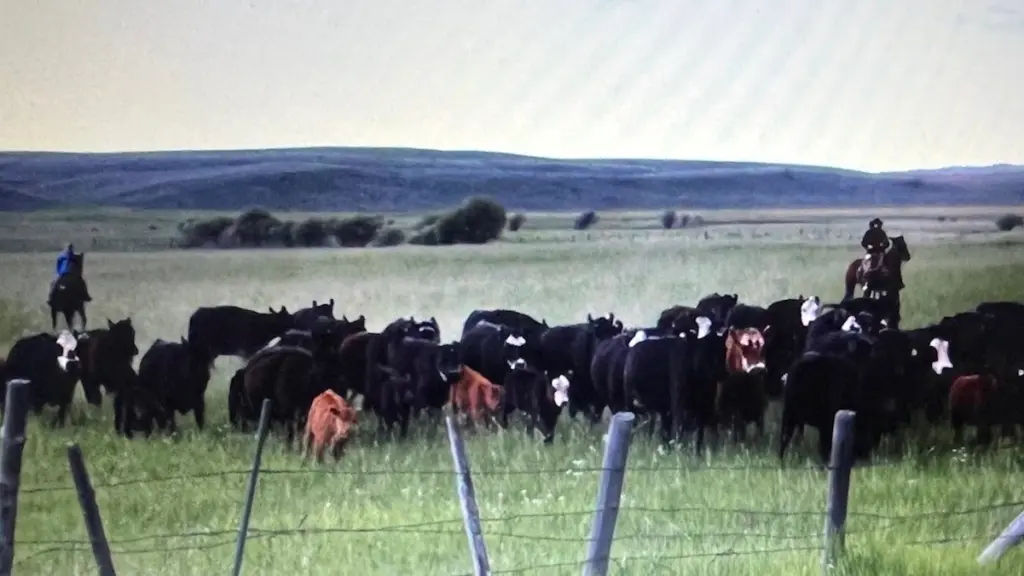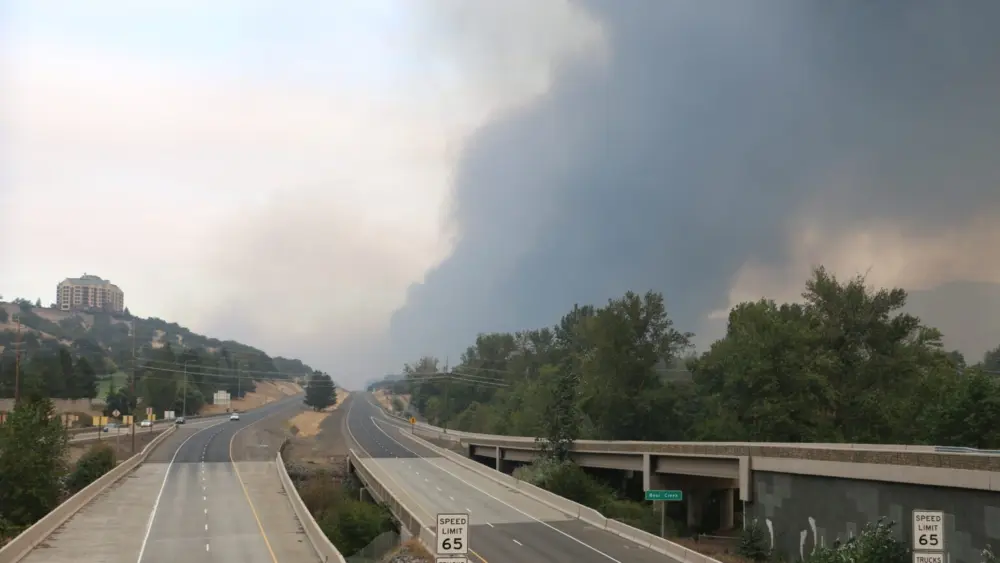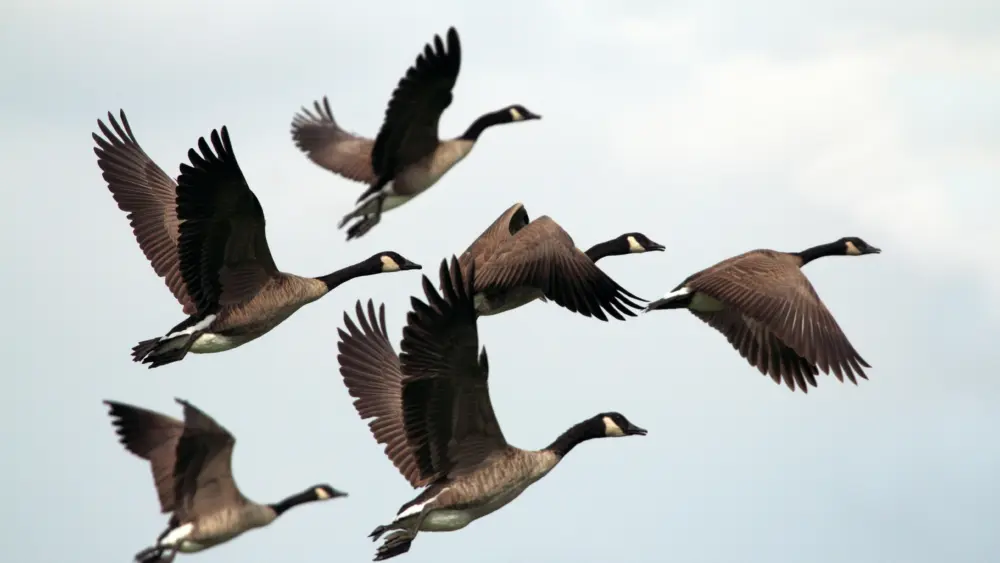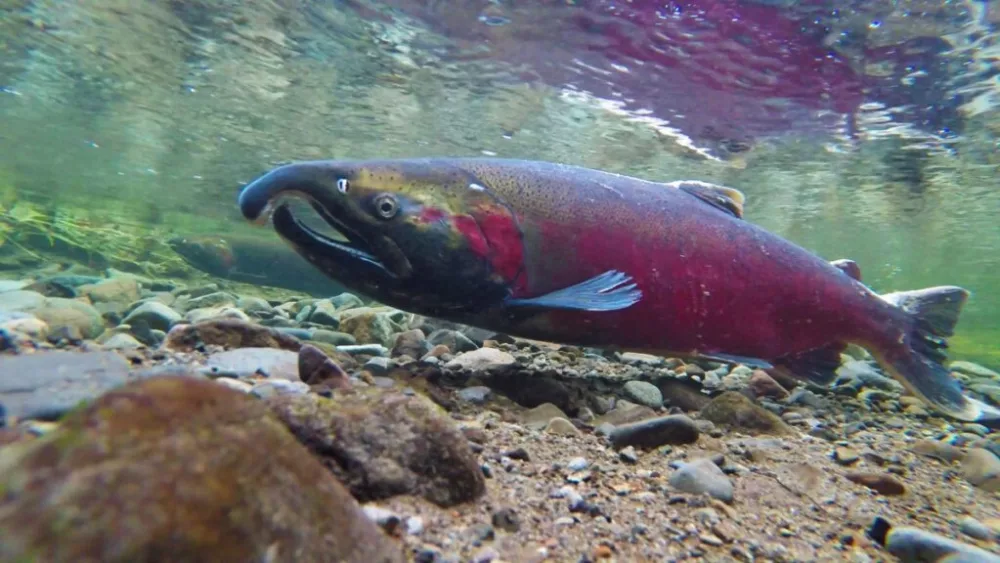DRIGGS, ID – Nobody from the state gave fifth-generation Idaho rancher Nick Beard a heads up that state officials were considering auctioning off the state endowment rangeland his family has leased for grazing since the 1990s.
Instead, his wife found out through a Facebook post that the 160-acre parcel of land near Driggs and the Teton Range is set to be auctioned off to the highest bidder.
Even though Beard’s family signed a lease with the state to graze cattle on the property through 2032, the Facebook post was true.
On July 15, the Idaho State Board of Land Commissioners voted 5-0 to sell the 160-acre parcel of land, which state officials refer to as the Driggs 160, through a public auction.
“We had always said we figured the state land was probably one of the last pieces of land we would lose,” Beard said. “We thought we were pretty connected with it until at least 2032 (when our lease is up). We’ve always known someone could come in and outbid us at the next renewal. We have always known we could lose this in 2032, but I was never expecting them during the middle of our lease to just put it up for sale.”
On July 21, about a week after the Land Board’s vote, someone from the Idaho Department of Lands finally told Beard the land was going to be sold.
Beard was confused and upset by the sale, which he said is the latest hardship he has faced as a small family rancher trying to carry on the legacy his late grandfather and late father taught him when he was just a boy.
Development comes to Idaho’s Teton County
Beard and his wife are raising young children that Beard hopes will have an opportunity to become the sixth generation of ranchers in the Beard family. But Beard worries they have been priced out of Teton County and says it is harder than ever for small ranchers to make a living, which is why he also works at a local communications company and ranches on nights and weekends.
“We’ve relied on that piece of ground for the last 30-some years, and I was under the impression my kids might be inheriting the lease on the land one day,” Beard said. “It’s a lifestyle I’m not ready to give up just because someone wants to sell off all the ground.”
Driggs, Tetonia and Teton County, Idaho, are located in eastern Idaho in the shadow of the world-famous Teton Range and Grand Targhee Resort, which is undergoing an expansion. Teton County has been booming with development since the early 2000s, and Beard said development and inflated property values have put the squeeze on family ranchers who have worked the land since well before out-of-state millionaires and billionaires began buying up land and moving nearby.
Losing the grazing land compounds Beard’s problems.
“It’s put me in a hard spot,” Beard said. “It’s hard to find pasture over here with all subdividing going on.”
The lease allowed Beard to graze 45 cattle for 45 days each summer on the state endowment land, which is located just about a mile from the ranch where Beard lives. He paid about $963 a year for the lease and also took care of the land. His family spent about two years installing a fence on the property by hand – stretching barbed wire and pounding posts into the ground.
Beard still continues to maintain the fence and haul water to the property for his cattle.
“I treated the land with respect; we’ve been good stewards of the land,” Beard said. “It’s just kind of a kick to the face to find out they cut your lease short because they got a better offer from someone instead of fulfilling the lease we had.”
Although the Land Board voted to sell the land, the auction has not taken place, and there is no deal in place yet. Teton County commissioners also have the ability to object to the sale.
Meanwhile, Beard shared an online petition signed by more than 1,500 people urging the Land Board to reconsider the sale of the state endowment land. Data from Change.org indicates that 60% of the people who signed the petition are from three Idaho ZIP codes, 83455, 83422 and 83452, which include Tetonia, Driggs and Victor.
The Land Board is expected to discuss the sale again Sept. 16.
Why is the state of Idaho preparing to auction off the endowment land near Driggs?
Officials told the Idaho Capital Sun the state began considering the auction after a local landowner approached them with interest in buying the 160-acres parcel of endowment land that Beard’s family has been leasing. (State officials declined to identify the interested local landowner to the Sun, but said they expect multiple parties to be interested in the land due to the values of surrounding parcels).
State endowment lands are specifically governed by a section of the Idaho Constitution that requires the state to manage those lands for the maximum long-term financial return for beneficiaries.
Long story short, state officials say the property is generating about $960 a year in lease revenue now, but selling the property could generate millions of dollars for the state.
“We’re tasked with maximizing revenue on state endowment lands under that constitutional mandate,” Idaho Department of Lands Director Dustin Miller told the Sun. “When we run into problems, is (when) the underlying value of that ground becomes so high, and if we’re not making or producing the right amount of revenue on that property, then we’ve got to look at other options.”
A state legislator who has followed the issue says it’s creating a challenge for Beard, but he does understand the constitutional issues. Assistant Idaho Senate Majority Leader Mark Harris is a member of the Republican leadership team and a rancher from Soda Springs.
“The issue I have is the lease. His lease is not up, and here the state is talking about selling that parcel of ground and basically negating the rest of the lease, which I think is unfair,” Harris told the Idaho Capital Sun. “However, I can see the state of Idaho’s perspective and Article 9, Section 8 of the state Constitution, requiring the state to maximize revenue of endowment land. I can see both sides, but I think the problem is growth.”
Sympathetic to Beard’s situation, Harris and another state legislator attended a Teton County Commission meeting in August to learn more about the issue and see if they could help Beard.
County commissioners have the option to object to the sale, which could be discussed again during the upcoming Sept. 16 meeting of the Land Board at the Idaho State Capitol in Boise.
Moving forward, Harris said he doesn’t want what happened to Beard to happen to other lease holders, and he thinks the Idaho Legislature and the executive branch of government should “figure out and discuss” the issue.
“For future issues that come up like this, I think we as the state need to seriously consider the lease agreement on these parcels, if we are going to see them out to the end or terminate them,” Harris said. “A lease is an agreement, and my opinion is that those leases should be honored until the end.”
For their part, state officials said there are no legal barriers to auctioning the land even with the lease in place. Leases generally include fine print that allows the state to break the lease once notification requirements have been met.
During the July Land Board meeting, Real Estate Bureau Chief Roger Hall told the Land Board there were no legal barriers or limitations to reclassifying the land even with the current grazing lease.
Is Idaho’s state endowment land public?
The state’s planned sale of the Driggs 160 endowment land comes at a time when public lands have become a flashpoint in America.
This year, there was a massive public backlash to unsuccessful efforts by U.S. Sen. Mike Lee, R-Utah, to make millions of acres of public land – including in Idaho – available to be sold off to the highest bidder.
Idaho state officials say this government owned state endowment land near Driggs is different than land owned by the federal government.
State endowment land including the Driggs 160 is not considered public land, said Miller, the director of the Idaho Department of Lands.
“These lands are not public lands, they’re state endowment trust lands, and the landlord has sole authority over their sale, disposition, the purchase of additional lands and leasing over those lands,” Miller said.
The land is not a park or a forest, and it is not staffed for recreational use, Miller said.
However, Miller and Beard agree that there is currently public access to the land.
Beard said each spring, members of the public access the land to look for shed antlers, while each summer and fall people take their dogs there to train them or prepare for hunting season.
Beard said he has always been fine with people accessing the land as long as they keep the gate closed and don’t litter or abuse the land, and he has never had problems with the public.
“I am all for people selling private ground, but I don’t think one ounce of public ground should be sold off and auctioned to the highest bidder,” Beard said.
Who will end up with the state endowment land if it is auctioned off?
State officials say the endowment land will be sold to the highest bidder in an open public auction anybody can participate in, so they have no idea who will buy it. State officials also declined to say who reached out expressing interest in buying the land.
However, Beard said lawyers representing a neighboring land owner, Thomas Tull, reached out to him expressing interest in the land just after Beard’s dad died in 2021.
Tull is a billionaire businessman and movie producer who has invested in AI research. Idaho campaign finance records show that in 2023, Tull contributed $25,000 to the Friends of Brad Little political committee. As governor, Little is chairman of the Land Board and voted to approve the sale of the endowment land in July.
Beard said he has never had a problem with Tull and gets along well with his local ranch manager.
“I have nothing bad to say about the Teton Ridge Ranch; they’ve been great,” Beard said, noting that the late Microsoft co-founder Paul Allen owned the ranch before Tull’s company.
Little’s press secretary Joan Varsek issued a written statement saying state officials are obligated to seek the maximum financial return on the endowment land. Varsek also said anybody can participate in the auction.
“The governor and his fellow Land Board members have a constitutional duty to generate maximum returns on the management and disposition of endowment lands,” Varsek said Friday. “They unanimously approved moving toward a public auction for the disposition of Driggs 160, and anyone can bid at auction. The current grazing lease on the land generates under $1,000 annually for the endowment beneficiary, and it is anticipated multiple people will be interested in acquiring this highly valued property.”
Varsek referred questions about political contributions to Little’s campaign team. As of Friday, Little has not yet publicly announced if he will seek re-election in 2026 or publicly unveiled a campaign team.
This story first appeared on Idaho Capital Sun.





